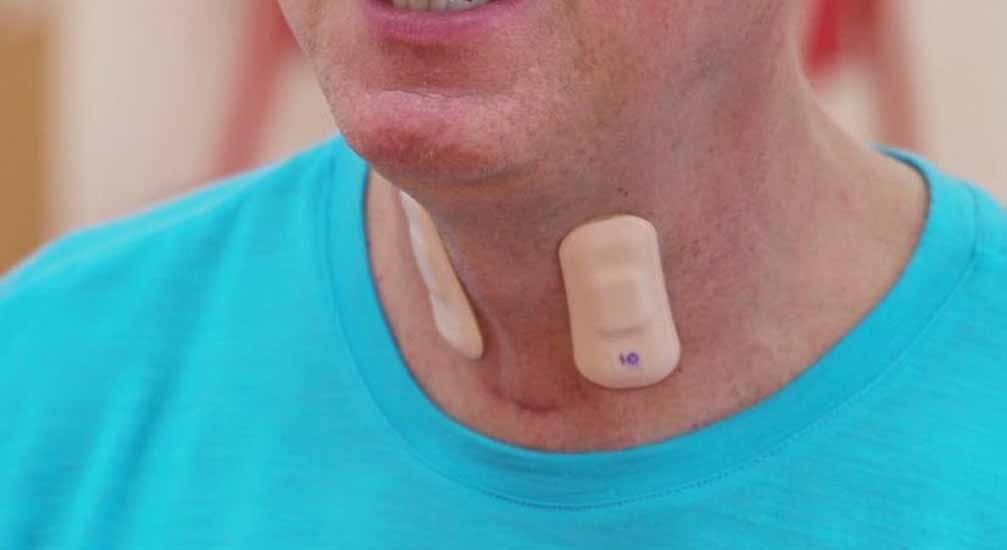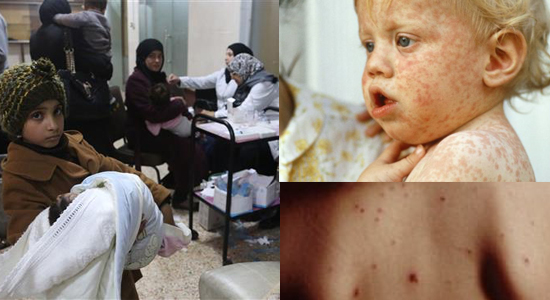Why Government Is Failing In Health Care Delivery Services – Minister
The Federal Government on Tuesday listed some of the challenges impeding effective healthcare service delivery in the country to include weak governance structures, poor human resource capacity and inefficient core processes. The Minister of Health, Prof. Isaac Adewole stated this while speaking at the opening ceremony of a retreat aimed at strengthening the Ministry’s budget process and the capacity of the Department of Health Planning, Research & Statistics.












